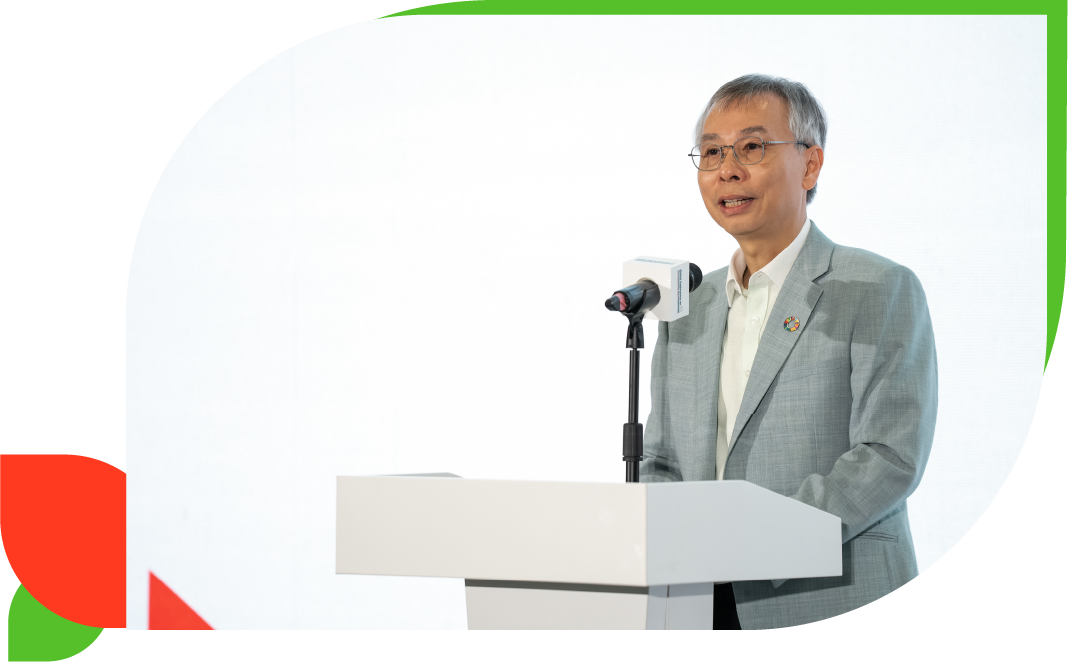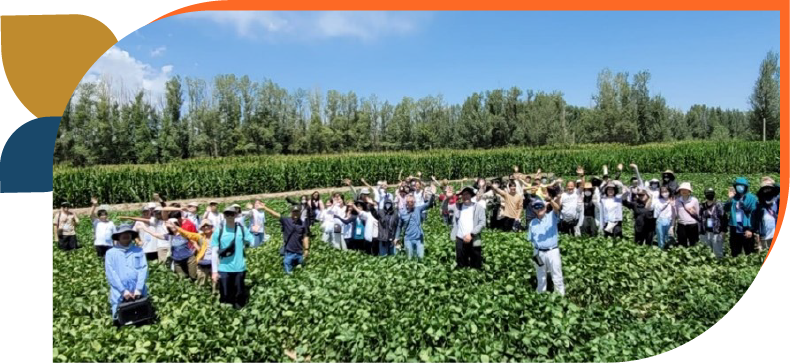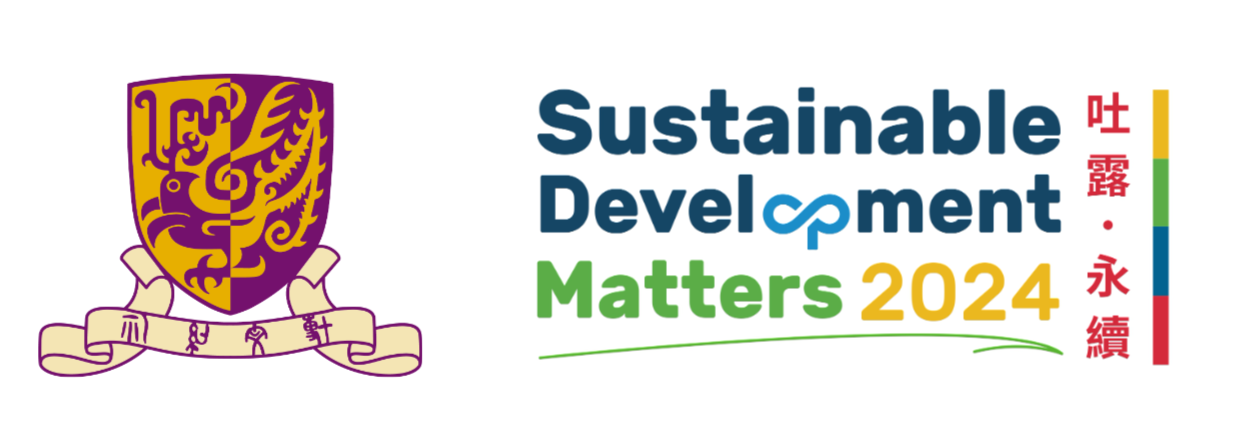
Soybean cultivation is a game changer for sustainable agriculture due to its nitrogen fixation capacity. It can convert atmospheric nitrogen into organic nitrogen, enriching depleted soil and benefiting other crops growing in the same field. By contrast, application of artificial nitrogen fertilizers to the soil releases a greenhouse gas with a warming effect 300 times that of carbon dioxide. Professor Lam’ s focus is on increasing the nitrogen-fixing capacity of soybean and reducing reliance on chemical fertilizers. Compared with other staple crops, soybeans can more readily adapt to the harsh environment of Northwest China. ‘I envisaged that our research would not only increase soybean production in China, but also help to alleviate the serious desertification in China’ s northwest.’ Professor Lam promised
Professor Shao that he would achieve this goal with his CUHK team, and pledged to fulfil this promise.


Professor Lam believes that the Tianzhou-6 and Shenzhou-16 spacecrafts carry not only his own agricultural projects, but also the hopes of science and innovation in Hong Kong.
In 2022, Professor Lam founded the social enterprise Soyvestors to enhance Hong Kong students’ scientific literacy and instil humanistic values.



The promise made with Professor Shao 25 years ago has now been fulfilled, but Professor Lam’ s journey in sowing the seeds of hope continues.
Jenny Lau is an editor in the Communications and Public Relations Office, The Chinese University of Hong Kong.
